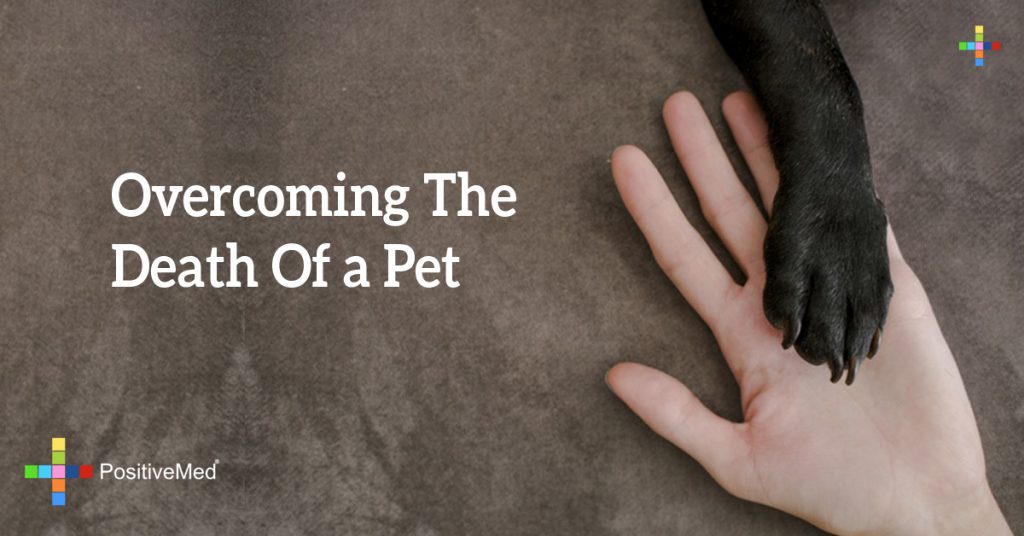
Overcoming the Death of a Pet
By Andre Carvajal
Edited By Stephanie Dawson
The death of a loved pet is a deep and painful situation for those that live with it, sometimes stronger than the death of some friends or relatives. A study in Great Britain about the decease of pets found that 90% of the participants suffered from sleep disturbance or had eating disorders, symptoms of clinical depression. More than half showed a decrease in social contact, and others showed apathy and work absence. Some findings point out that couples are more prone to separation after the death of a pet. These findings show the importance of the pet in any family: when we lose the pet we lose an important part of ourselves, thus we suffer from grief and depression-like symptoms.
Research shows that losing a cat can have more distressful effects than losing a dog. Researchers inferred that less sociable persons like the company of cats, because contrary to dogs, they don’t need to be taken out for a walk, they can be raised in a small space.
The impact of death of a pet depends on each person and their age. There are two groups particularly vulnerable: elders and children. Children can be very affected by the death of a pet, even if its not noticeable. Sometimes a pet is the best friend of a child. For children it can be difficult, sometimes they don’t know the meaning of dying, this could be their first death-related experience. Elders can suffer much since their animals are sometimes their only companion.
Those that suffer from the death of a pet go through a process of grief. To complete the cycle of grief keeping sweet memories of the pet will help close wounds and accept the inevitable. Keeping photographs and videos and sharing experiences with others will help in healing and moving forward. There are virtual cemeteries where you can upload photographs or share stories about your beloved pet. To know the experience of others and how they deal with the loss can help you move forward.
Once the animal has passed away, a new pet can be a good way to overcome this loss. If you replace the animal prematurely it can be counterproductive. Wait until you are in physical and emotional condition to take charge of a new friend.

When supporting someone else passing through the grief of the death of a pet there are important things to avoid. Try to express empathy for the loss and sadness. Give a hug if you feel it is right and share positive memories of the pet, if possible. As in any situation like this, sometimes its good just to be there, ask your friend or loved one if they need anything.
Only the bereaved person will know when its the right time to get a new pet. This type of pain is persistent and should be recognized before it diminishes. While people around you can try to minimize the pain you must accept the damage for it to be reduced. Be patient and tolerant as it moves slowly toward healing.
Allow yourself and your children to experience grief over the death of a pet , this will help to mature, grow, and face with courage other painful situations that they have to face.
Sources
. Anderson Allen, Moira, M.Ed (2007). Coping with Sorrow on the Loss of Your Pet.
When Your Pet Dies: A Guide to Mourning, Remembering and Healing by Alan D. Wolfelt PhD(online edition)
Jump up The London Paper (thelondonpaper.com) and The Scotsman, 9 Feb: survey of 1100 dog owners by Direct Line





